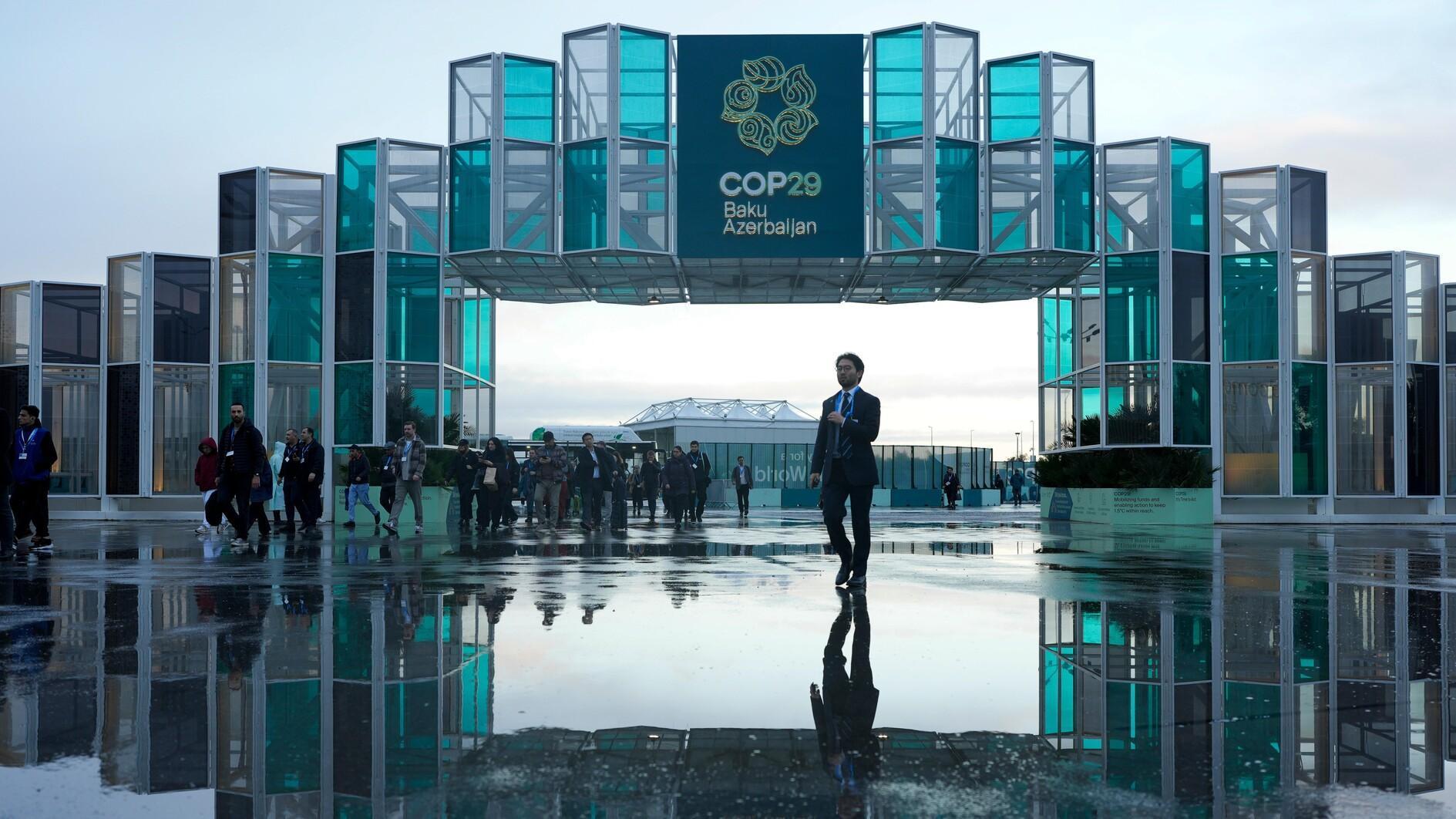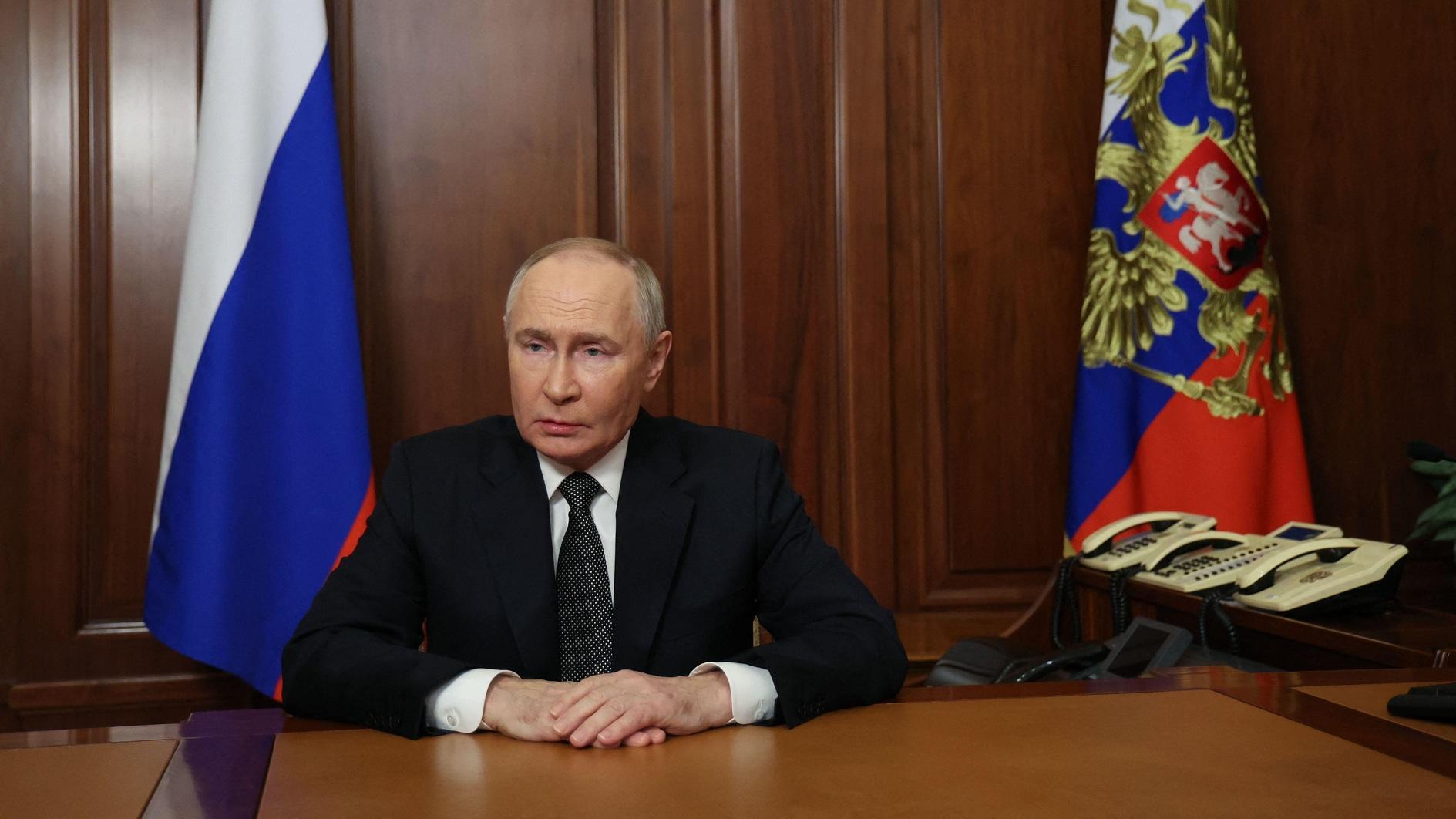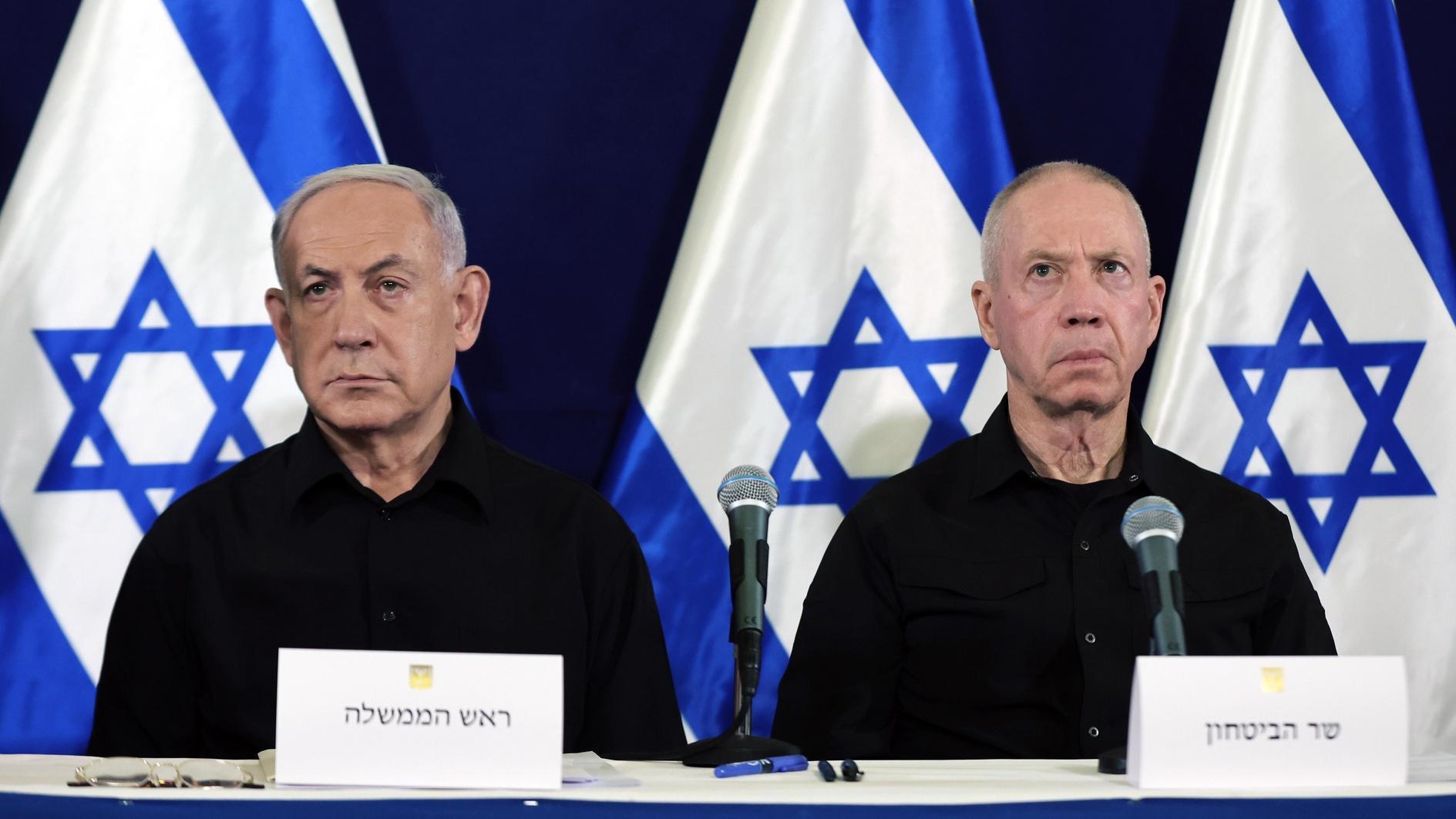Turkey summit could turn G-20 into a political player
The Antalya Summit is likely to be the first G-20 Summit during which a major political crisis is debated. Since 1999 when the G-20 was first established, its annual summits have generally focused on seeking solutions to global economic problems by bringing together the most influential industrialized and developing economies. One of the reasons for this was the fact that the five permanent members of the U.N. Security Council did not want to dilute its veto power by discussing political crises anywhere other than their own stage.
It’s worth remembering that after so many years the U.N. has been unable to take any action against Israeli governments for years because of the U.S. veto in the Security Council. It has also been unable to take any action against the Syrian government because of the Russian and Chinese vetoes. The great powers do not want to lose this leverage.
Perhaps that status quo in the U.N. will not change for some time. But when Turkey, as the host country of the Antalya Summit taking place on Nov. 15-16, said President Tayyip Erdoğan would discuss the Syria crisis - and the related problems of terrorism and refugees - at the G-20 Summit’s opening dinner, no significant objection was heard. Indeed, the Syrian civil war since early 2011 has started to seriously affect the global economy and global politics, due to the terrorism it has given birth to and the refugees at the gates of the EU after exceeding saturation point in Turkey.
After Russian President Vladimir Putin’s move to deploy Russia’s air force in Syria in support of the Bashar al-Assad regime, U.S. President Barack Obama was forced to break his much-criticized “indeterminate” position. His call to have talks about Syria during the G-20 Summit shows the level of the impact of the Syrian crisis on global politics. Meanwhile, the pre-summit statement issued by International Monetary Fund (IMF) head Christine Lagarde, calling on the world to open its arms more to refugees, shows that the Syrian crisis has also started to appear on the radar of the global economy.
These developments also indicate that the Turkish move to include the Syrian crisis into the G-20 meeting was timely: Not only to bring the Syrian crisis to an influential platform representing two-thirds of the world’s population, 80 percent of its trade, and 85 percent of total economic product, adding a political dimension to the G-20’s usual economy-heavy perspective. All five permanent members of the U.N. Security Council - the U.S., Russia, the U.K., France and China - plus the EU, are also members of the G-20.
This brings up the issue of the G-20’s role as a potential complement to the U.N. The possible rise of the G-20 was discussed in detail at a Ditchley Park conference in the U.K. exactly three years ago in 2012, under the title “Global Power Shifts: What Do the New Players Want?” I quote from the conference summary: “[In] a more multi-polar world … the sources of leadership would be much harder to identify. In these circumstances the G-20, for all its current weaknesses, looked like the grouping best able to combine effectiveness with legitimacy. It had been crucial during the financial crisis of 2008/9, and could no doubt come back into its own in future crises. Institutionalizing it would be a mistake, but it would need to widen its agenda over time, and be ready to act as a kind of global steering group.”
Bearing that in mind, perhaps at the G-20 Antalya Summit we will witness the start of this global power shift?











